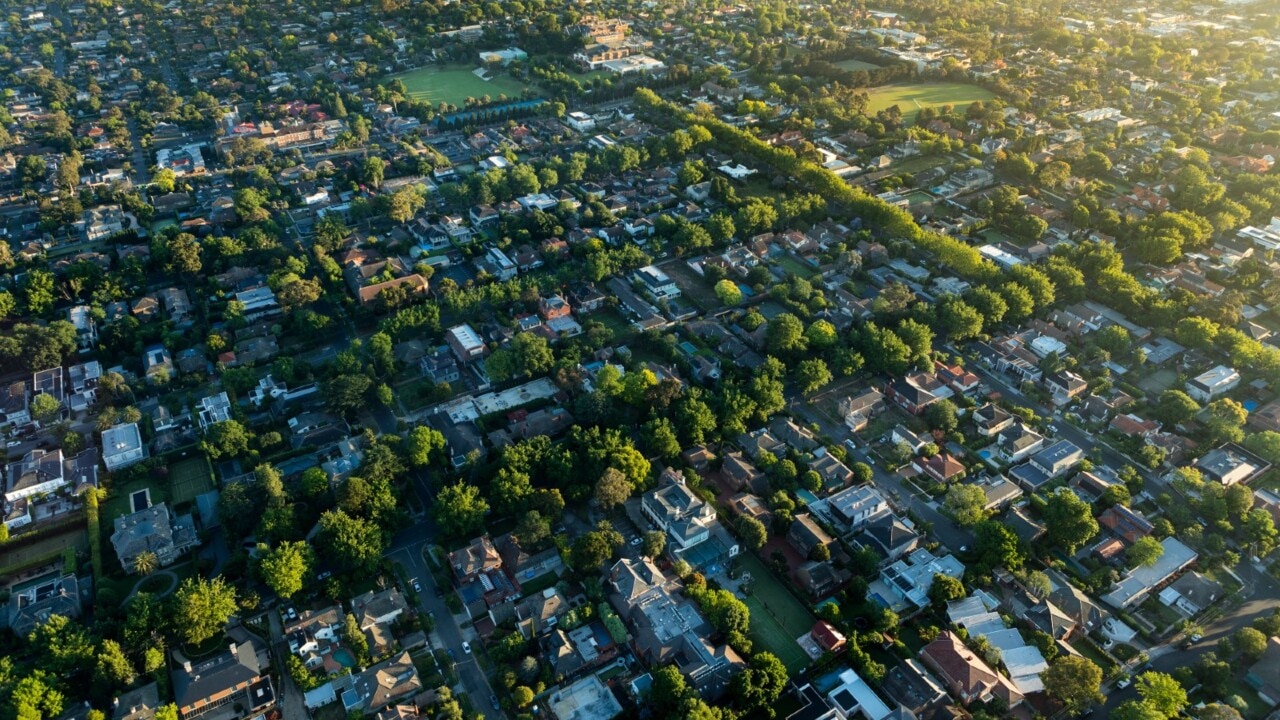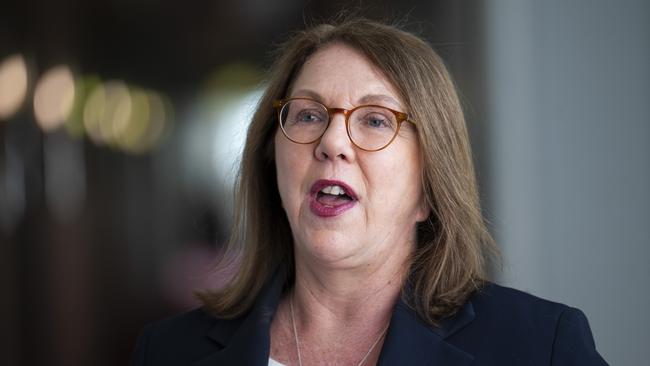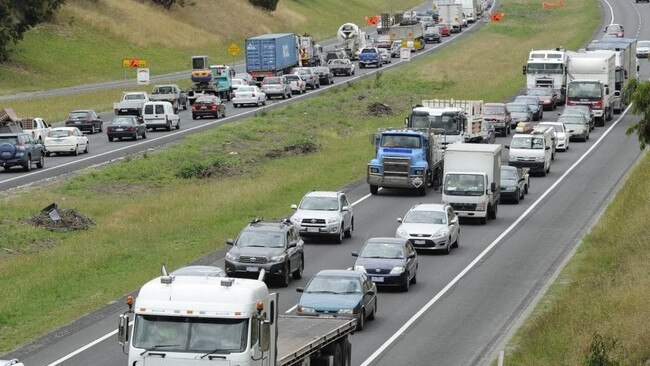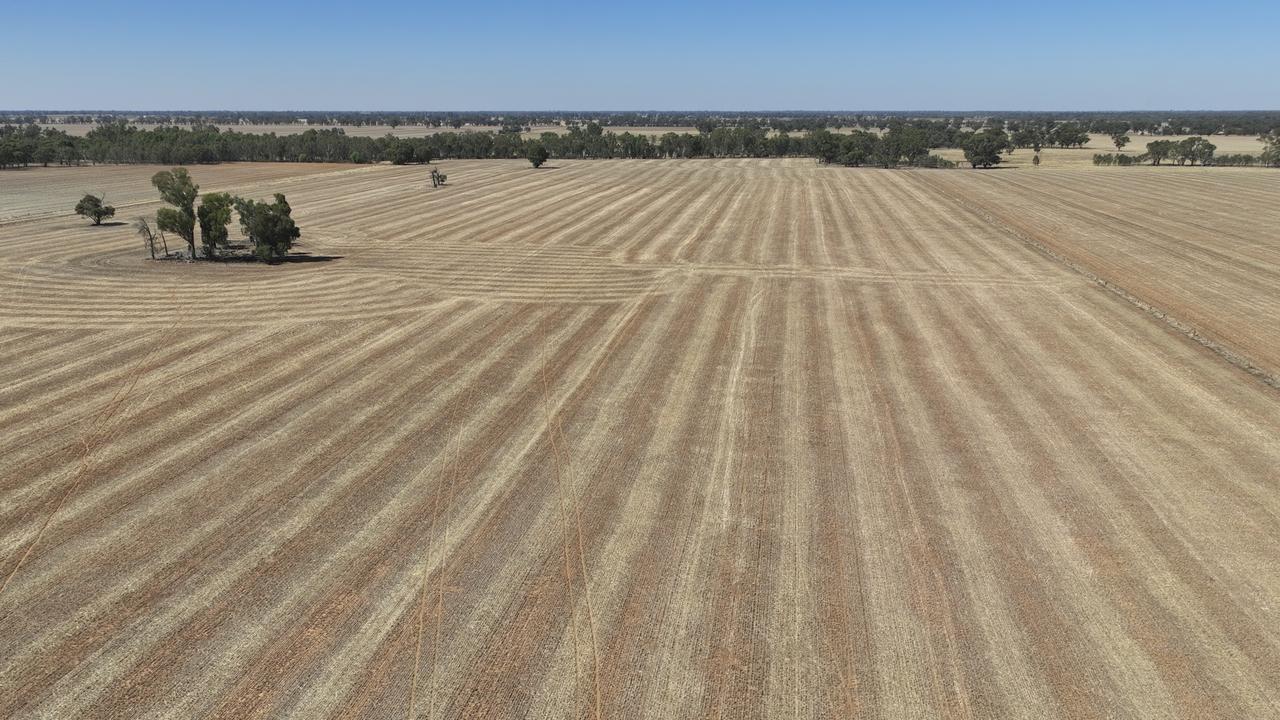Albanese government to push states to split the bill on road and rail funding on major projects
The state government will have to stump up more cash for road and rail projects under an Albanese government plan to share responsibility for infrastructure spending.

Victoria
Don't miss out on the headlines from Victoria. Followed categories will be added to My News.
Victoria will be on the hook for at least 50 per cent of the cost of future transport projects under a federal government plan to push responsibility for infrastructure spending back to the states.
Fully funded or 80-20 splits between federal and state governments will no longer be the “default” for infrastructure deals related to “nationally significant” road and rail projects or where the federal contribution is at least $250m.
Infrastructure Minister Catherine King will on Tuesday announce details of Labor’s new priorities to guide commonwealth spending, including that funding splits greater than 50-50 will be considered only on a case-by-case basis if a state or territory has less ability to raise revenue.
Ms King said Labor was “reshaping” how projects were funded, arguing it was not about saving money.

“We are returning to a preference of 50-50 with the states and territories so both levels of government carry an equal share of both the benefits and the risks,” she said.
“This is not about saving money, it is about shared accountability and maximising our investments.”
Ms King pointed to the Bruce Highway as an example, where if the commonwealth put in $10bn, Queensland would be expected to match it, providing a total investment in the project of $20bn. Under the current 80-20 arrangement, a $10bn federal injection would only produce a total spend of $12.5bn.
“We’re not cutting any funding from the pipeline,” Ms King said.
“What we are doing is ending the perverse incentives that saw the federal Coalition throw money at projects that states did not want to build, and then they simply never happened.”

Under the new plan, the government would prioritise investing in infrastructure projects that increase productivity, such as through cutting congestion and improving supply chains, improving liveability and safety and boosting environmental sustainability.
Ms King is expected to soon reveal the fate of about 700 projects after a review in May found the estimated cost of the current infrastructure pipeline had overrun by more than $33bn.
State and territory governments have been brought into renegotiate terms, time frames and even scrap projects in a bid to rein in the spending.
But she has dismissed accusations Labor is planning to cut infrastructure, instead arguing overall spend on roads and rail would not change.
“I am sure we will hear a lot in coming weeks about infrastructure cuts,” she said.
“But the reality is that no funding will be cut from the $120bn pipeline. We’re not cutting funding, we’re cutting the lies and we’re cutting the waste.”
Ms King accused the former Coalition government of being more interested in “clinging onto the perks of office” by spending on infrastructure based on political need rather than productivity and safety.




